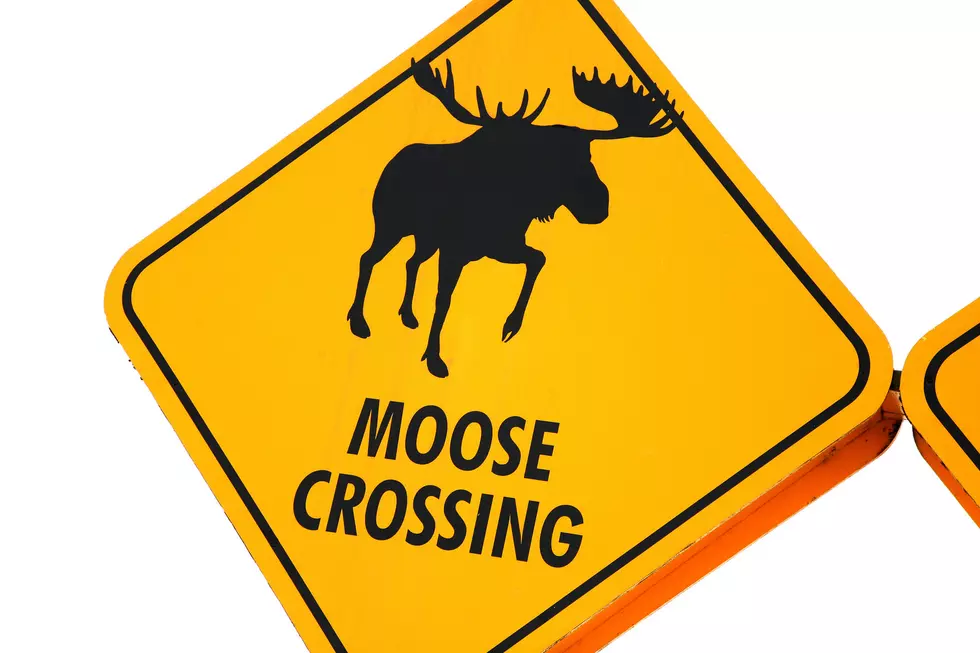
Did You See The Macabre Montana Law That Allows Use Of Dead Bodies?
While attending the University of Montana, there were times I didn't know what I wanted to major in. Was I going to try and go into the business school, journalism school or pharmacy? I had fellow students in each of those schools and regularly asked about the curriculum. When asking a roommate about his time in the pharmacy school, he would tell stories of the cadaver class. Just the thought of spending hours in a room poking a dead body did not sit well with me. But, it is necessary for students to study human anatomy and get hands on experience with an actual human body. Needless to say I went the safe route and chose the school that didn't involve touching dead bodies and had multiple choice tests.
When it comes to using human remains for training and school, it is a necessary field of science. Just recently, Montana passed a law allowing human remains to be used in training of "cadaver dogs." These are dogs that are used to recover a body from wreckage or collapsed buildings. They are also used for investigating crime scenes. Just like the students at school, the dogs need hands on experience with dead bodies.
According to the Bozeman Daily Chronicle
Until May of this year, trainers operated in a legal gray zone — the law would neither allow, nor prohibit, possessing human remains. In order to get the needed smells, search teams relied on scarce leftover tissues from surgeries, donated teeth or small body parts from industrial accidents, and bloodied clothes provided by coroners.
House Bill 641 made it legal for dog trainers to possess human remains. They can now receive donated parts from hospitals or private donors. As macabre as it sounds, it really will help in the thorough training of dogs used in search and rescue, as well as recovery operations.
Check out these 50 fascinating facts about dogs:
LOOK: Here are the pets banned in each state
More From 101.9 KING-FM
![[WATCH] Sneaky Bison Loves Breaks Into Rancher’s Yellowstone Home](http://townsquare.media/site/98/files/2023/08/attachment-boom-booms-background.jpg?w=980&q=75)




